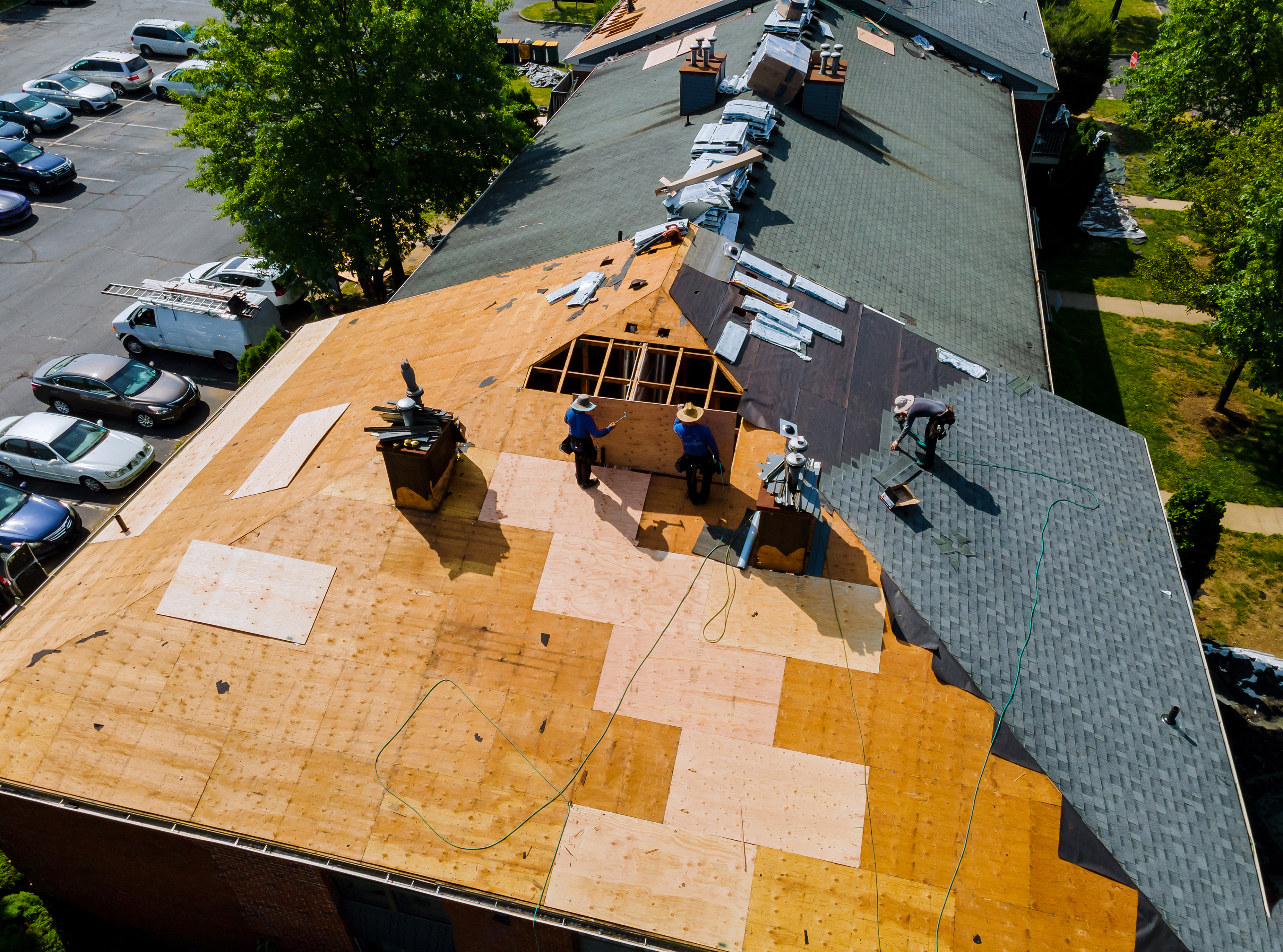Insurers in South Carolina may now depreciate both labor costs and material costs when determining the “actual cash value” (ACV) owed to policyholders for property damage. In Miriam Butler et al. v. Travelers Home and Marine Insurance Co. et al., Case No. 2020-001285 (S.C. May 12, 2021), the South Carolina Supreme Court held that insurers may depreciate labor costs to determine the ACV of a damaged property when an insurance policy does not define ACV and the “cost to repair or replace the damaged property at issue includes both materials and embedded labor components.” Id.
The case involved two separate fires that damaged the homes of Miriam Butler and Joseph Stewart, who both had homeowner’s insurance policies from subsidiaries of The Travelers Companies, Inc. (“Travelers”). Id. These policies provided that in the event of property damage, if the insured elected not to “immediately repair or replace the damaged property,” they would receive payment for the ACV of the damaged property rather than its replacement cost value (“RCV”). Id. Butler and Stewart did not immediately repair their homes; therefore, they were owed the ACV of their properties.

Neither policy, however, provided a specific formula for calculating the properties’ ACVs. Thus, Travelers chose to rely on the “replacement cost less depreciation” method to determine the ACV payments owed to the policyholders. Id. In doing so, Travelers calculated depreciation for “both materials and labor” and subtracted those totals from the RCV to determine the ACV. Id.
Although the policyholders did not challenge the replacement cost less depreciation method that Travelers used to determine the ACV, they sued Travelers and alleged that it breached their insurance contracts “by depreciating the cost of labor in calculating ACV.” Id. The two cases were filed in one action in federal district court. Upon determining that South Carolina appellate courts had not “adequately addressed” this issue, the district court certified the question of whether “embedded labor components” may be depreciated when calculating ACV to the South Carolina Supreme Court. Id.
The South Carolina Supreme Court determined that including depreciation of “embedded labor components” in calculations of ACV is not only permissible under South Carolina law, but may also be the most practical way to make such calculations because the “embedded” nature of the labor costs made them inseparable from the cost of materials. Id. Thus, it would be “impractical, if not impossible, to include depreciation for materials and not for labor to determine ACV.” Id. Instead, the damaged property’s value should be calculated “as a unit.” Id.
Not all states agree that labor cost depreciation may be included in the calculation of ACV for property damage. For example, an Illinois appellate court refused to apply depreciation to labor costs when calculating ACV when an insurance policy did not define ACV. See Sproull et al. v. State Farm Fire and Casualty Co., Case No. 5-18-0577 (Ill. App. Jul. 24, 2020). Similarly, the Tennessee Supreme Court held that only materials, not labor costs, may be depreciated when calculating ACV. Gregory J. Lammert et al. v. Auto-Owners Mutual Insurance Co., Case No. M2017-02546-SC-R23-CV (Tenn. April 15, 2019). However, the Butler decision now allows insurers in South Carolina to factor in the depreciation of labor costs when calculating ACV for property damage in the absence of an applicable policy definition.

